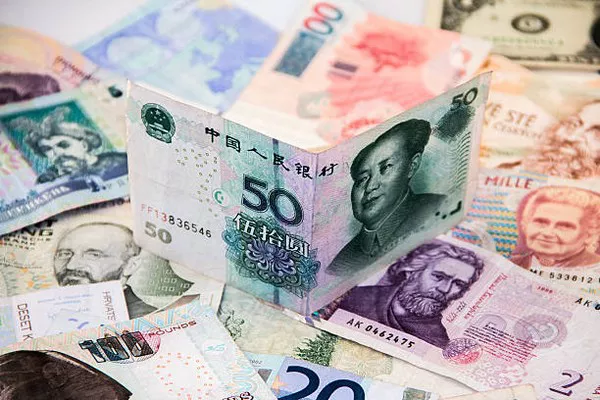The British pound (GBP) rose in London on Friday after the Office for National Statistics (ONS) released stronger-than-expected retail sales data for May. The report showed that retail sales rebounded on a monthly basis, rising strongly by 2.9%, above the expected value of 1.5%. Retail sales unexpectedly rose by 1.3% on an annual basis, while investors expected -0.9%.
Retail sales are a measure of consumer spending, which is a major part of economic growth. Despite the Bank of England (BOE) maintaining high interest rates, sales in retail stores have risen significantly, indicating strong demand, but also increasing price pressures. If this situation continues, it may cause headaches for the Bank of England, which is focused on achieving price stability.
On Thursday, the Bank of England voted 7 to 2 to keep interest rates steady at 5.25%, in line with market expectations. Bank of England policymakers acknowledged that overall inflation has returned to the bank’s 2% target in three years, but said that this is not enough because price pressures in the service industry are still too high. Currently, financial markets expect the Bank of England to start cutting interest rates in August, which means that the Bank of England will not cut interest rates before the parliamentary election. According to Reuters, pre-election polls showed Sunak’s Conservative Party trailing the opposition Labour Party by about 20 percentage points.
Looking ahead, investors will focus on the UK’s June S&P Global/CIPS preliminary Purchasing Managers Index data, which will be released at 16:30 Beijing time. The indicator is expected to show that the composite purchasing managers index is flat.


